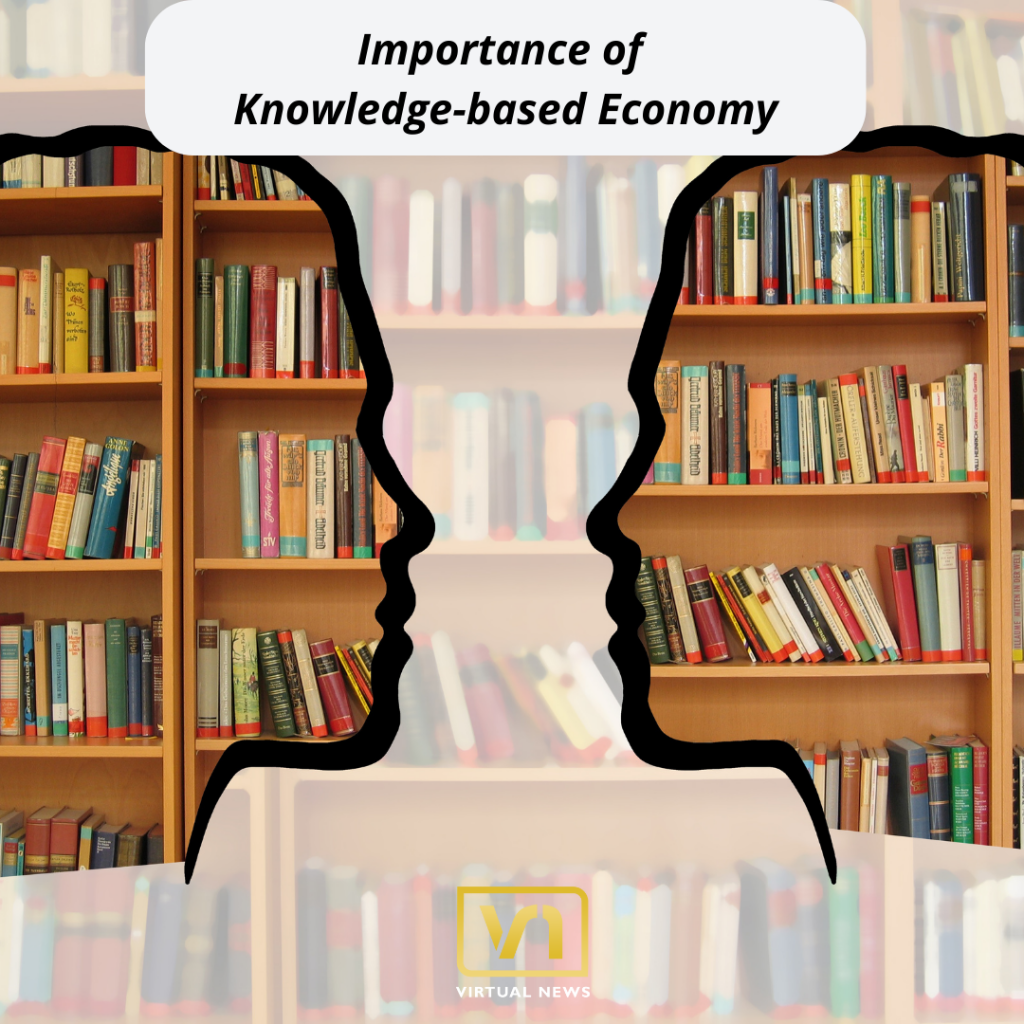An economic system of consumption and production that is based on intellectual capital is known as a knowledge-based economy or knowledge economy. In a knowledge economy, an important portion of a company’s worth may be made up of intangible assets, such as the knowledge or intellectual capital of its employees. These assets aren’t listed on the balance sheets, nevertheless. Examples include consultancy and research.
The knowledge-based economy is dependent on three prime pillars: information and communication technology, a skilled workforce and a supportive business environment.
The knowledge-based economy in the Indian context
The majority of economies around the world are made up of three broad categories: agriculture, manufacturing, and services, in varying ratios. The knowledge economy of a developed nation is based on best practices from each of the three.
While the developed economies dominate in manufacturing and services, India’s agriculture is still having difficulty. We must have an innovation-based economy if we want to leave the middle-income bracket.
India is trailing behind other countries in both education and research, which are the two pillars of the knowledge economy.
Without application, knowledge is meaningless, and by focusing primarily on grades rather than research and creativity, we are working towards this pointless education.
What is being done?
India’s economy will undoubtedly experience growth thanks to the knowledge-based economy, which will increase employment and open up new prospects for invention and entrepreneurship. As economies in other nations have already begun to change, this has an impact on job creation.
We should align higher education with the nation’s social, cultural, and economic requirements, support research, innovation, and entrepreneurship, boost global competitiveness, and encourage digital literacy across the board.
By changing the curriculum’s structure following the previous argument, institutions that specialise in a particular field can assist us in finding solutions to issues that affect both India and other nations.
To transition from its current inefficient form to a knowledge-based economy, the Indian education system, society, and successful Indian enterprises all need to undergo significant paradigm shifts.

